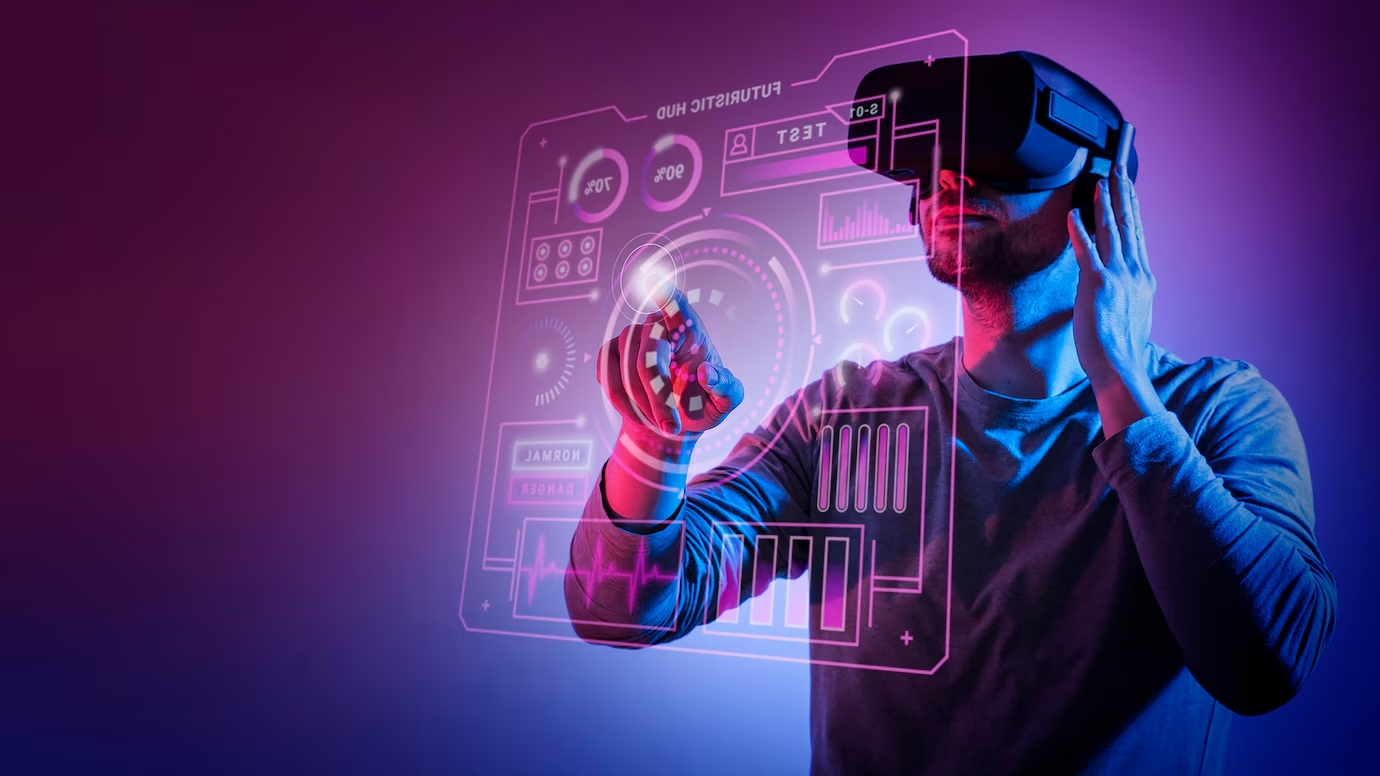The Role of Technology in Modern Society

Technology has become an integral part of everyday life, driving innovation, improving efficiency, and changing the way we communicate, work, and interact with the world around us. From smartphones and computers to artificial intelligence and space exploration, technology has revolutionized nearly every aspect of human existence. In this article, we’ll explore how technology has transformed society and what we can expect in the future.
1. The Impact of Technology on Communication
One of the most significant ways technology has impacted society is through communication. The rise of the internet, social media, and instant messaging apps has made it easier for people to stay connected, no matter where they are in the world. Platforms like Facebook, WhatsApp, and Zoom have redefined how we communicate, making conversations instant and accessible to all.
Technological advancements in communication have also affected how businesses operate. Email, video conferencing, and project management tools allow teams to collaborate across continents, improving productivity and breaking down geographical barriers. Cloud-based solutions enable real-time collaboration, making remote work not just feasible but increasingly common.
2. Advancements in Healthcare
The healthcare industry has experienced a technological transformation that has saved lives and improved patient care. Innovations like electronic health records (EHRs), telemedicine, and wearable health devices have made healthcare more accessible and efficient.
In addition, cutting-edge technologies like robotic surgery, artificial intelligence (AI), and genomic medicine have paved the way for precision treatments, more accurate diagnoses, and personalized medicine. AI, in particular, is revolutionizing medical diagnostics by analyzing large datasets to detect patterns and predict outcomes, enabling doctors to make more informed decisions.
3. Automation and Artificial Intelligence (AI)
Artificial Intelligence (AI) is one of the most impactful technological developments of recent years. AI-powered systems and automation are transforming industries by streamlining processes, reducing errors, and boosting productivity. From self-driving cars to automated customer service, AI has become essential for enhancing efficiency across multiple sectors.
In industries like manufacturing, automation is leading to the creation of smart factories, where robots perform repetitive tasks, allowing human workers to focus on more complex responsibilities. AI is also being used to improve supply chain management, optimize logistics, and reduce energy consumption in smart cities.
4. The Evolution of Education
Technology has greatly transformed the field of education. Online learning platforms like Coursera, Khan Academy, and edX have made quality education more accessible, offering a range of courses that can be accessed from anywhere in the world. With the rise of e-learning and virtual classrooms, education is no longer confined to traditional school settings.
Interactive tools such as virtual reality (VR) and augmented reality (AR) are enhancing the learning experience by providing immersive environments where students can interact with educational content in new ways. These technologies are particularly beneficial for subjects like science, history, and medicine, where students can engage with real-world simulations.
5. The Growth of E-commerce
Technology has revolutionized the way people shop and do business. E-commerce platforms like Amazon, eBay, and Shopify have changed the retail landscape, allowing consumers to shop from the comfort of their homes and giving businesses a broader global reach. This shift to online shopping has forced traditional brick-and-mortar stores to adapt, either by enhancing their digital presence or by adopting hybrid business models that combine online and offline experiences.
In addition, digital payment methods like cryptocurrency, mobile wallets, and contactless payments have streamlined transactions, offering consumers more flexibility and security when making purchases.
6. The Role of Technology in Sustainability
As environmental concerns grow, technology is playing a crucial role in developing sustainable solutions. Innovations like renewable energy technologies, such as solar and wind power, are helping reduce our dependence on fossil fuels. Electric vehicles (EVs), along with advances in battery technology, are also contributing to a reduction in carbon emissions.
Smart technologies are being integrated into homes and cities to promote energy efficiency. Smart grids manage energy distribution more effectively, while smart buildings use sensors and automation to reduce energy consumption and improve sustainability. These innovations are helping to create greener, more sustainable urban environments.
7. The Future of Technology
As we look to the future, technology shows no signs of slowing down. Emerging fields like quantum computing, nanotechnology, and biotechnology are set to revolutionize industries in ways we can only begin to imagine. Quantum computers, for instance, have the potential to solve complex problems that are currently beyond the reach of classical computers, from drug discovery to climate modeling.
Additionally, advancements in space exploration and renewable energy are pushing the boundaries of what’s possible, as scientists and engineers work to develop sustainable solutions for the future. The integration of AI with other technologies, like the Internet of Things (IoT), will likely lead to even more connected devices and smarter systems that improve our quality of life.

